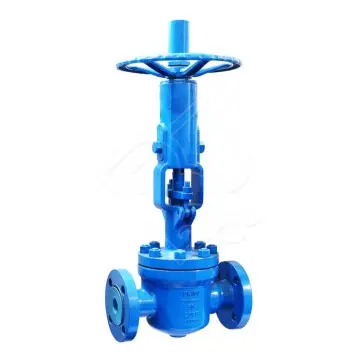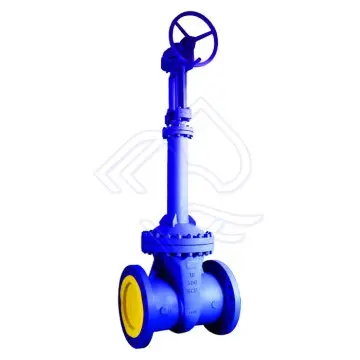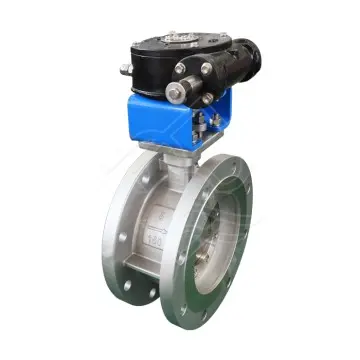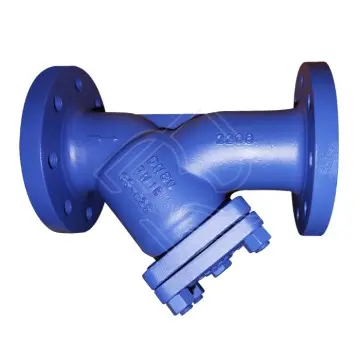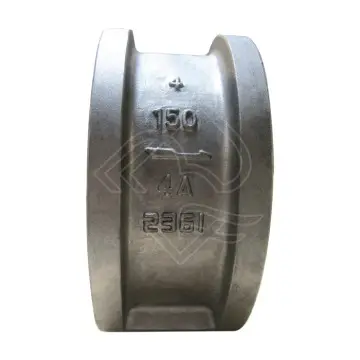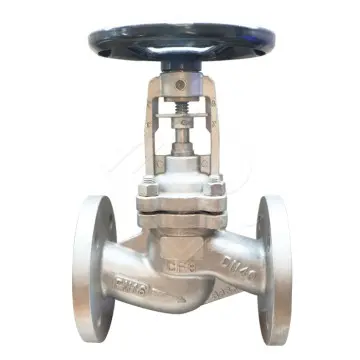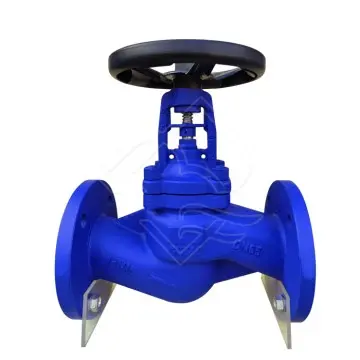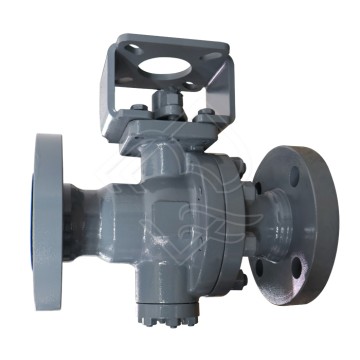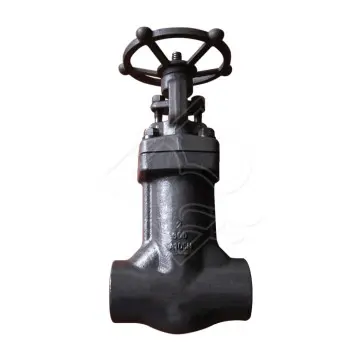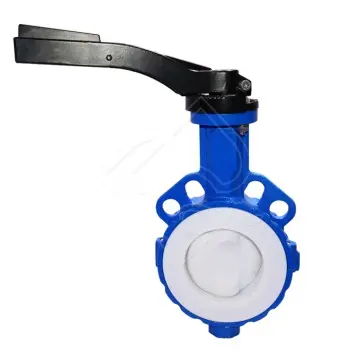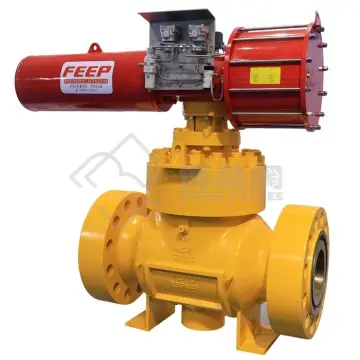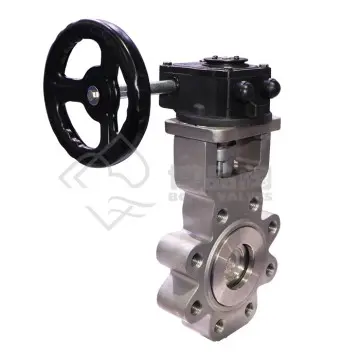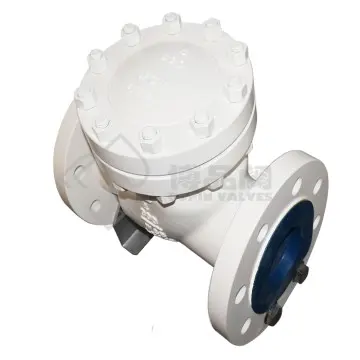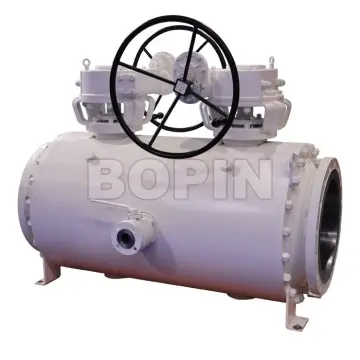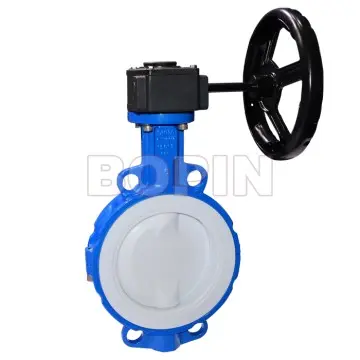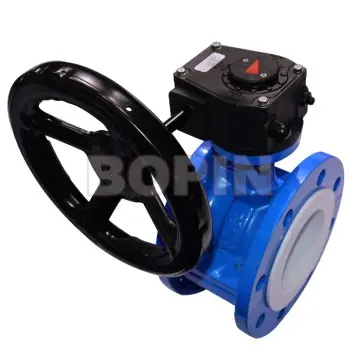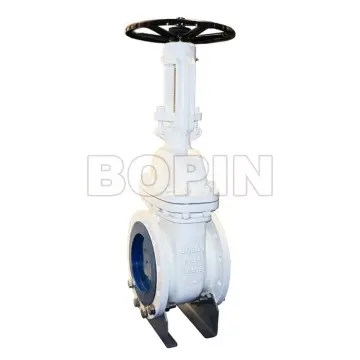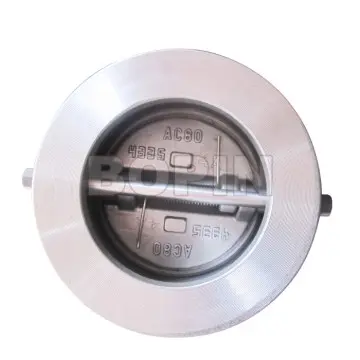API 6D Cast Steel Top Entry Ball Valve
The API 6D Cast Steel Top Entry Ball Valve is a critical component in the modern industrial pipeline systems, designed to control the flow of liquids, gases, and other fluids in pipelines. These valves are essential in various industries, including oil and gas, petrochemical, power generation, and water treatment. This type of ball valve adheres to the stringent standards set by the American Petroleum Institute (API), specifically API 6D, which is a specification for pipeline valves. The API 6D Cast Steel Top Entry Ball Valve is an essential component in industrial pipelines, offering unmatched durability, corrosion resistance, and ease of maintenance. Its top-entry design simplifies servicing and part replacements without the need for pipeline shutdown, making it a valuable tool for industries where uptime is critical. With its compliance to API 6D standards, these valves ensure safe and efficient operation in high-pressure, high-temperature, and challenging environments, making them the preferred choice for pipeline systems worldwide.
LUGGED STAINLESS STEEL HIGH PERFORMANCE BUTTERFLY VALVES
The Lugged Stainless Steel High-Performance Butterfly Valve is a critical component used in various industries to control the flow of liquids, gases, and slurries within a pipeline. These valves are designed to offer excellent performance, durability, and versatility in controlling flow, and they are highly sought after in applications where space is limited, high-performance specifications are required, and resistance to corrosion is vital. This valve type combines a robust construction with high-quality materials to ensure reliability, efficiency, and a long service life. The Lugged Stainless Steel High-Performance Butterfly Valve is a versatile, durable, and reliable flow control device suitable for a wide range of industries, including oil and gas, chemical processing, and water treatment. Its robust stainless steel construction, corrosion resistance, and high-performance capabilities make it an excellent choice for demanding applications where durability, tight sealing, and low maintenance are essential. Whether used for regulating or isolating flow, this valve provides long-term performance and value in critical systems.
BS 1868 Cast Steel Flange RF End Swing Check Valve
BS 1868 Cast Steel Flange RF End Swing Check Valve is a critical component used in piping systems to ensure that the flow of fluids or gases is unidirectional. This valve type prevents the reverse flow, which can cause damage to equipment, reverse pressure surges, and operational inefficiencies. Typically found in industrial applications such as chemical plants, water treatment facilities, power generation, and oil and gas pipelines, these valves play an essential role in maintaining system integrity and preventing backflow. The BS 1868 Cast Steel Flange RF End Swing Check Valve is a reliable, durable, and cost-effective solution for controlling the direction of flow in industrial pipelines. Its straightforward design, coupled with high-quality materials, ensures reliable performance in a wide range of applications, including power generation, water treatment, oil and gas, and chemical processing. Regular maintenance and proper installation practices can significantly extend the valve's service life and ensure optimal operation.
API Forged Steel Trunnion Mounted Double Block and Bleed (DBB) Ball Valve
The API Forged Steel Trunnion Mounted Double Block and Bleed (DBB) Ball Valve is a highly specialized and robust valve used primarily in the oil, gas, petrochemical, and other critical industries that require high-performance valves for fluid and gas management. This type of valve combines the strength and reliability of forged steel construction, the precision of a trunnion-mounted design, and the safety and functionality of a double block and bleed (DBB) configuration. The API Forged Steel Trunnion Mounted Double Block and Bleed (DBB) Ball Valve is an indispensable tool in industries where safety, reliability, and performance are critical. Combining the strength of forged steel, the precision of trunnion mounting, and the safety features of the DBB configuration, this valve is designed to handle some of the most demanding applications in the world. Whether in oil and gas pipelines, chemical plants, or offshore environments, the API DBB Ball Valve ensures the integrity of the pipeline while offering enhanced control, isolation, and safety features.
JIS 10K Wafer Type Split Body Fully PTFE Lined Butterfly Valve
The JIS 10K Wafer Type Split Body Fully PTFE Lined Butterfly Valve is a high-performance valve that combines durability, ease of maintenance, and exceptional resistance to corrosive environments. Its design is optimized for handling high-pressure systems, and its PTFE lining provides superior resistance to a broad range of chemicals, making it an ideal solution for industries that require reliable fluid control. With its simple operation, reduced downtime for repairs, and wide array of applications, this valve is a reliable choice for industries around the world.
A216 WCB Flanged Split Body Fully PTFE Lined Butterfly Valve
The A216 WCB flanged split body fully PTFE lined butterfly valve represents a sophisticated and reliable solution for fluid control in industries with challenging operational conditions. The combination of A216 WCB carbon steel for strength, PTFE lining for chemical resistance, and the flanged split body design for ease of maintenance and installation makes it an excellent choice for a wide range of industrial applications. Whether in chemical processing, pharmaceuticals, food and beverage, or water treatment, these valves provide optimal performance, longevity, and cost-effectiveness, ensuring that your fluid handling systems operate smoothly and efficiently.
CAST STEEL A216 WCB 1.0619 DIN3352 F4 EN1984 FLANGED WEDGED GATE VALVE
The Cast Steel A216 WCB 1.0619 DIN3352 F4 EN1984 Wedged Gate Valve is an essential component in industrial fluid systems, offering excellent sealing capabilities, durability, and resistance to high pressures and temperatures. It is well-suited for applications in the oil and gas, power generation, and chemical industries, among others.
By adhering to international standards and utilizing high-quality materials, this valve ensures reliable performance in demanding environments. However, its use should be carefully considered based on application-specific requirements, as it is best suited for on/off flow control rather than throttling.
In the context of modern industrial systems, the Cast Steel A216 WCB Wedged Gate Valve remains a cornerstone in fluid control technology, and its robust design continues to meet the needs of industries worldwide.
API 594 Wafer Type Dual Plate Check Valve
The API 594 Wafer Type Dual Plate Check Valve is a crucial component in fluid and gas systems designed to prevent backflow while allowing the free flow of fluids in one direction. As per the American Petroleum Institute (API) standards, the API 594 valve is widely used in industries like oil and gas, water treatment, chemical processing, and power generation, where reliable backflow prevention is necessary. The wafer design and dual plate mechanism make it a compact, efficient, and cost-effective solution for various applications. The API 594 Wafer Type Dual Plate Check Valve is an efficient and reliable solution for preventing backflow in fluid and gas systems. Its compact, lightweight design, combined with the dual plate mechanism, offers excellent performance in a variety of industrial applications. Whether in oil and gas, water treatment, or chemical processing, the API 594 valve provides an effective, durable, and cost-efficient means of safeguarding critical systems from the risks of reverse flow.







